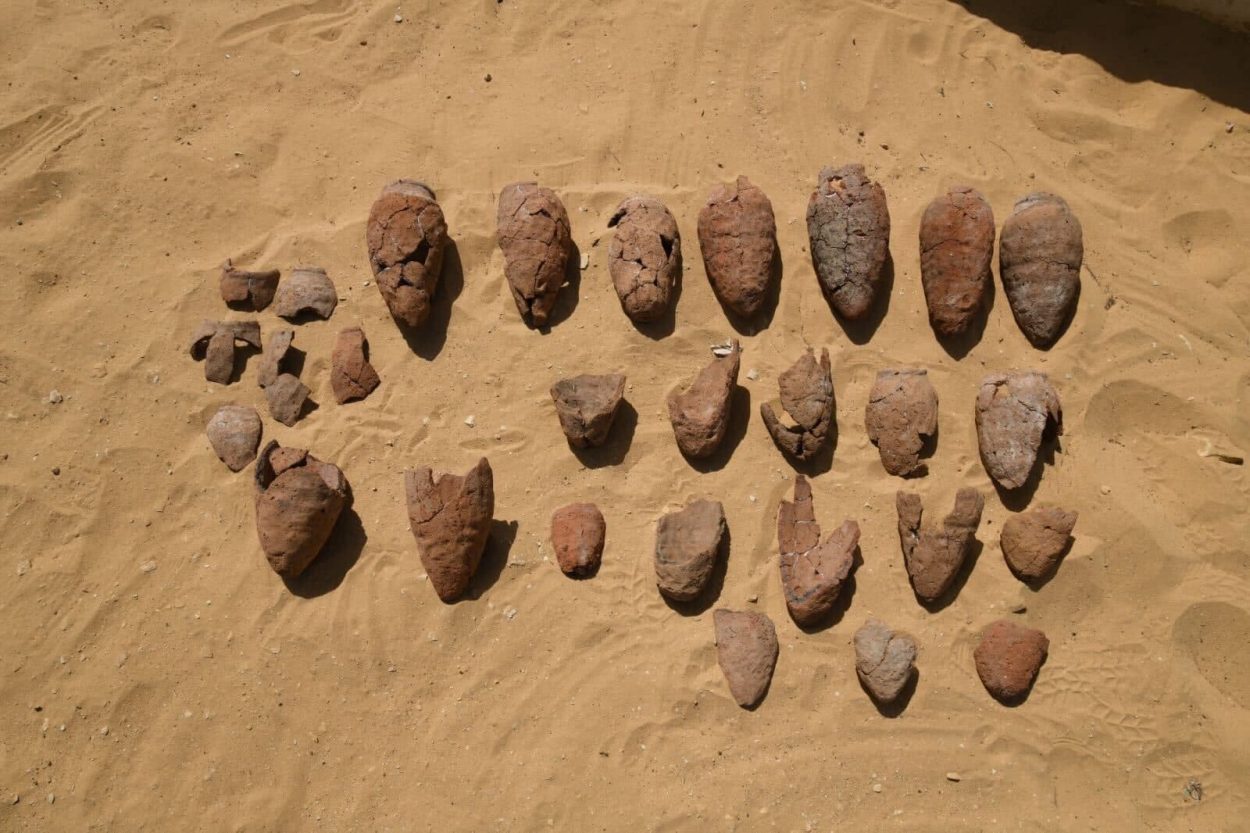Archaeologists excavating in Abusir, south of Cairo near Saqqara, Egypt, have discovered the ruins of what may be one of the four lost Ancient Egyptian “sun temples”.
Abusir is a necropolis of the Old Kingdom period that served as one of the main cemeteries for the Ancient Egyptian capital of Memphis.
The site consists of 14 royal pyramids, mastabas and tombs that date from the 5th Dynasty during the early 25th century BC until the mid-24th century BC.
Excavations were conducted by a Polish and Italian archaeological mission at the temple of Pharoah Nyuserre Ini, the 6th ruler of the 5th Dynasty.
In a context layer that pre-dates the temple, the team found evidence of a mud-brick building and quartz blocks, that according to officials from the Egyptian Ministry of Tourism and Antiquities, could be the remains of one of the four lost sun temples.

Six sun temples are thought to have been built, but only two have been uncovered until now.
Sun temples were built in dedication to the Ancient Egyptian deity, Ra, the god of the sun, order, kings and the sky, who is often portrayed as a falcon with a sun-disk inside a cobra.
Archaeologists theorise as to the purpose of sun temples, since their design seems to have more than royal funerary purposes, instead likely being part of the cultic worship of kingship.
According to a press release issued by the Egyptian Ministry of Tourism and Antiquities on the discovery: “The building is accessible through an entrance built in limestone rock, leading to an area with a paved floor and containing huge blocks of quartz.”
Excavations also uncovered ceramic vessels, beer pots and red rimmed containers, which were likely used in temple rituals and ceremonies.